Graham Reid | | 1 min read
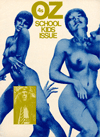
The problem with political songs is that so often they are merely sloganeering and headlines. Fine print and nuance can't make it into a three minute song.
Still, there's nothing quite like a chant such as "power to the people" -- even if we are never quite sure which people should have the power.
For a few years from the late Sixties, John Lennon's "political" thinking was muddled and muddy: he felt guity about his wealth and so gave money rather indiscriminately to odd causes; and vacillated between the peace message and that of revolution, neither of which were any more defined than the other.
An example of his lightning swift if rather woolly responses was this song from 1971. The magazine Oz had published its notorious "school kids" issue in May 1970 (kids had done it, they weren't the intended audience said the publishers) which saw it landing in court on obscenity charges.
The defense lawayer was John Mortimer (creator of the Rumpole of the Bailey series) and the case brought massive publicity. It was the age of politics and revolution, street marches and anti-establishment activity.
Lennon -- and Ono apparently, she gets a co-credit -- quickly penned God Save Oz and demo-ed it (it is on the John Lennon Anthology), then for contractual reasons (or possibly realising it was an unworthy beast) turned over the vocal to Bill Elliot of the group Splinter (whom George Harrison had brought to Apple).
With a cobbled together band (billed as the Elastic Oz Band not be mistaken for the Plastic Ono Band) and with Phil Spector producing, the single appeared on the Apple label. Between demo and final product however Lennon had made the theme more general so it became "God save us" as he toyed with including it on his forthcoming album (which was to be Imagine). The single's flipside -- a lumpy rocker -- was Do the Oz with Lennon and Yoko prominent vocally.
Somewhere in the process the A and B sides were swapped so God Save Us now became the A-side. Didn't make any difference. The single hardly troubled either radiio or the charts. Not that they didn't try and Apple took out ads in sympathetic (read: left) magazines and journals, and the proceeds were intended for the Oz defense fund.
But the ads cost more than the record earned.
To his credit, he also donated his white piano to a fundraising exhibition for Oz's defense.
But the song? As with the School Kids issue of Oz, the single on Apple became something of a collector's item in later years. But really, listen to the lyrics.
It were roobish, mate.
For more oddities, one-off singles or songs with a backstory see From the Vaults.

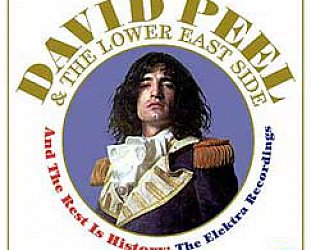
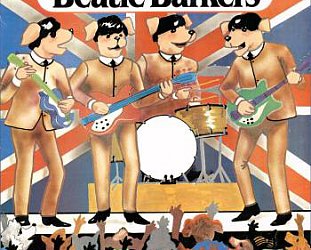
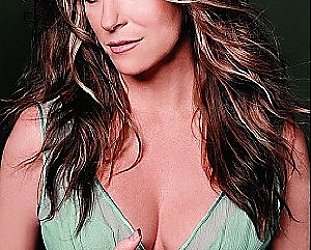
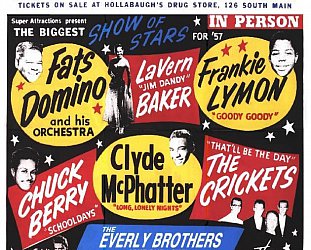
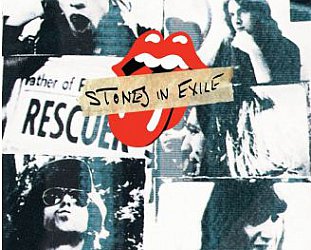
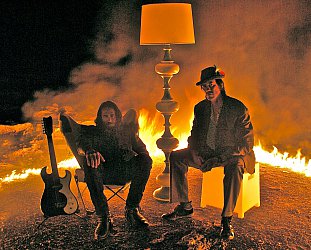
post a comment